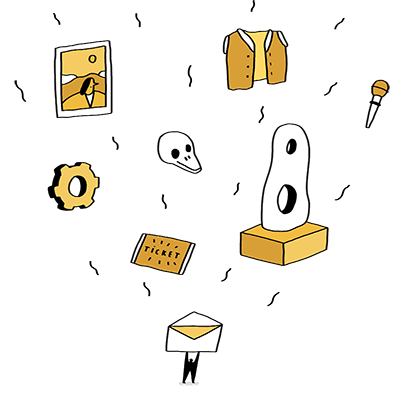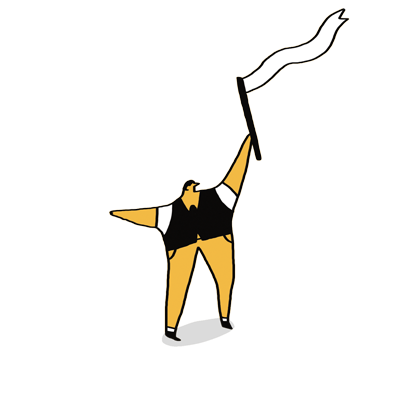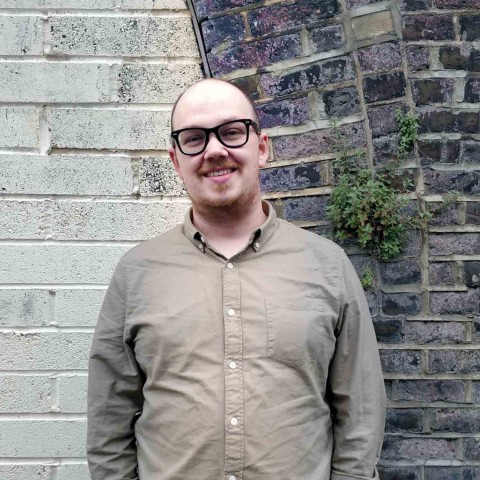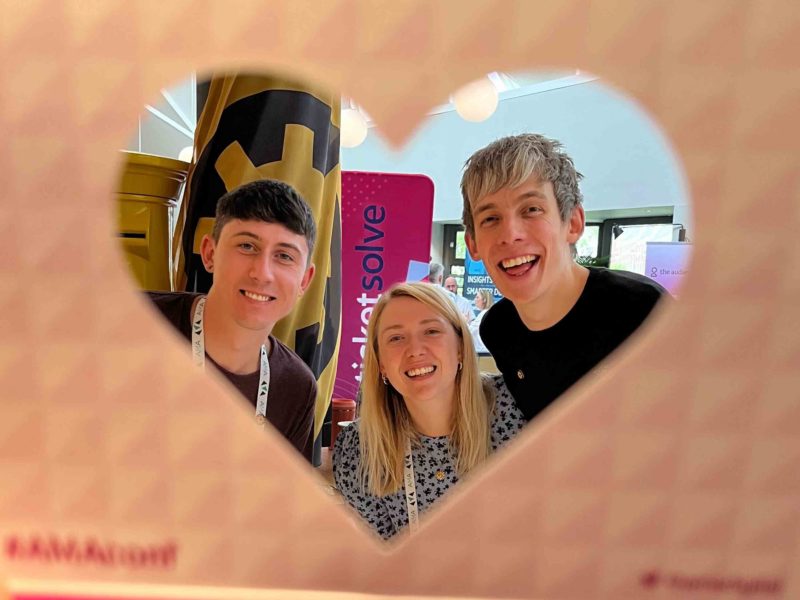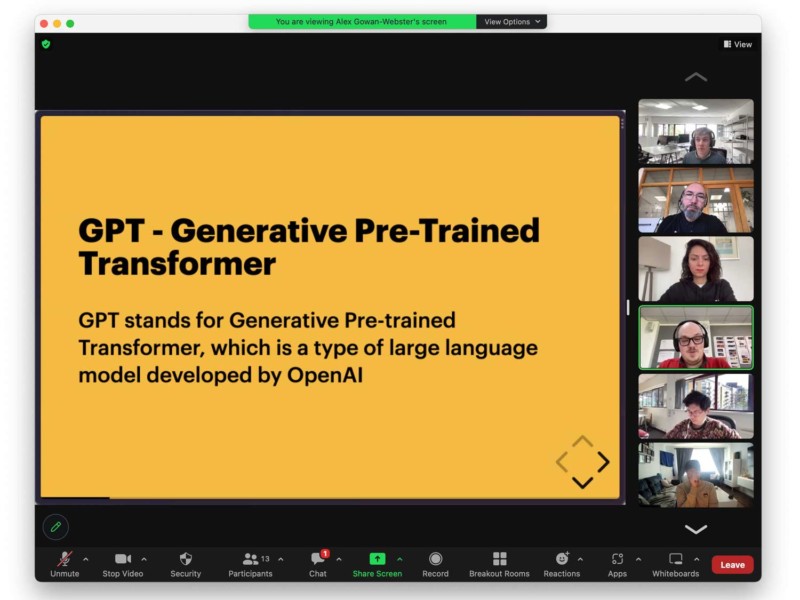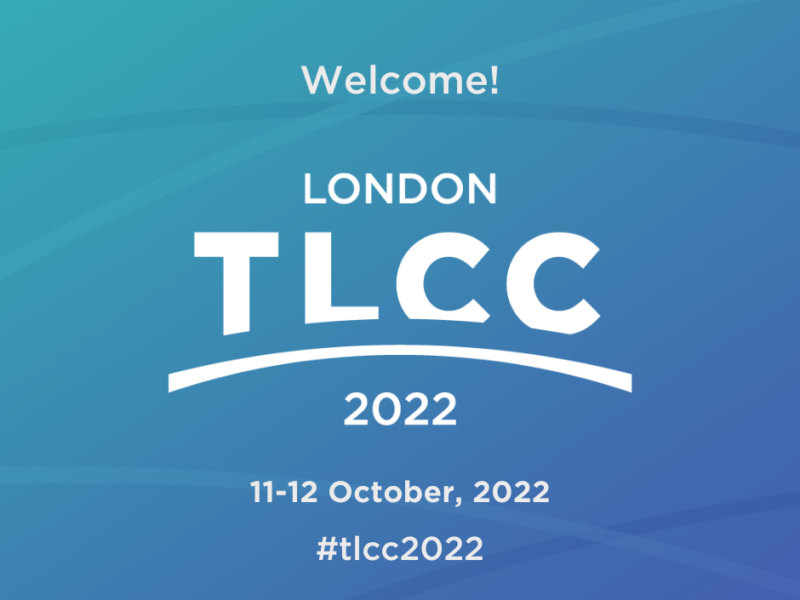Alex attended the 2023 Museums Computer Group conference and it left him feeling mindful about how we build sites and use the internet.
A more mindful approach, thoughts from the MCG Conference
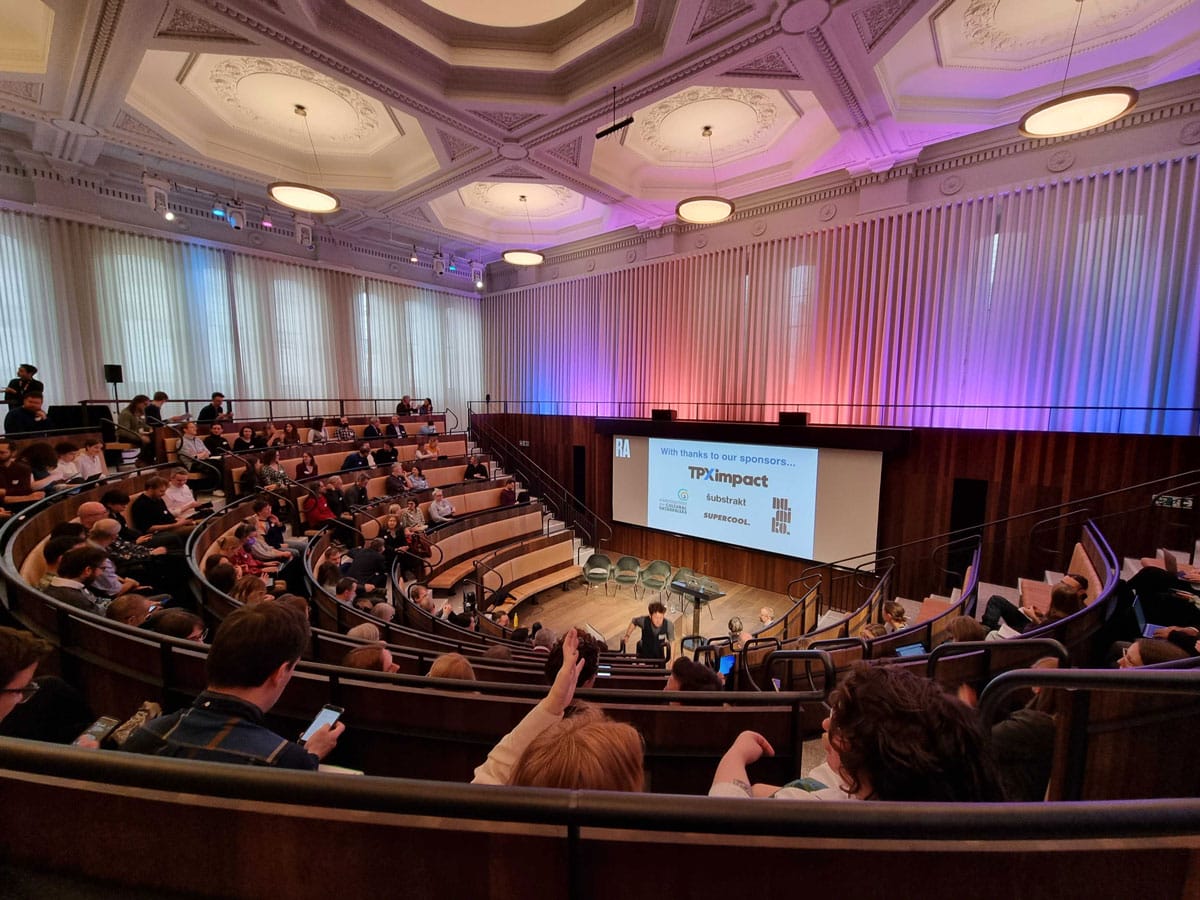
This was my first time attending the Museums Computer Group conference. The theme of this year’s conference was future-proofing, and the range of talks was inspiring: from the legal intricacies of returning digital artefacts along with their physical counterparts, to planning for 100 years of data storage. And, of course, there were lots of conversations about AI, Chat GPT and the changes they might bring about.
However throughout the day I found myself thinking that what all the talks had in common was a slower, more mindful approach to how we can share content and work online. How can we halt the breakneck content and data deluge that started with Web 2.0 and what might it look like if we were able to do so?
With that in mind here’s a few thoughts on how we might do just that.
Only share what we need to – and make sure it’s good
George Oates from the Flickr Foundation’s keynote at the conference was an excellent start. She spoke deeply and honestly about how mass uploading vast sums of uncatalogued or “weak” data made for a terrible exploration experience as a human user.
She highlighted the need for the human understanding and experience in deciding what we share online, and that just putting data on the web doesn’t make it open or better.
More information doesn't give us more answers - information is not power - the ability to shape that information is.
George’s talk reminded me of a quote from one of my favourite writers on the subject of the internet Cory Doctorow who frequently quips that the web now exists of “five websites, each consisting of screenshots of text from the other four”.
The MCG conference gave me hope that arts organisations and galleries, libraries and museums in particular could break this trend. Due to the vast tracts of history and information they hold they’re not beholden to the content generation needs of some many other sites.
But to do that we need to take the time to ensure that the content is rich, inspiring and focused on the humanity and stories within it.
Human experience and stories are more important than data.
Several talks throughout the day focused on the need to centre the humanity in digital content. From Oonagh Murphy and Giuliano Gaia from the Museums AI Network talking about a framework for ethical AI usage to TPX Impact sharing the concept of a ‘website intent statement’. Human experience was at the core of lots of talks.
It was clear that in a world increasingly defined and led by big technology that data led thinking has permeated into all areas of our lives. From focusing on metrics over meaningful connections, to the increased datafication of our health and device usage.
Collecting and organising objects helps us understand the world, but I was struck during the day by the idea that it’s the wide exploration of these objects, as opposed to the counting and measurement of them that truly unlocks their power in institutions like museums.
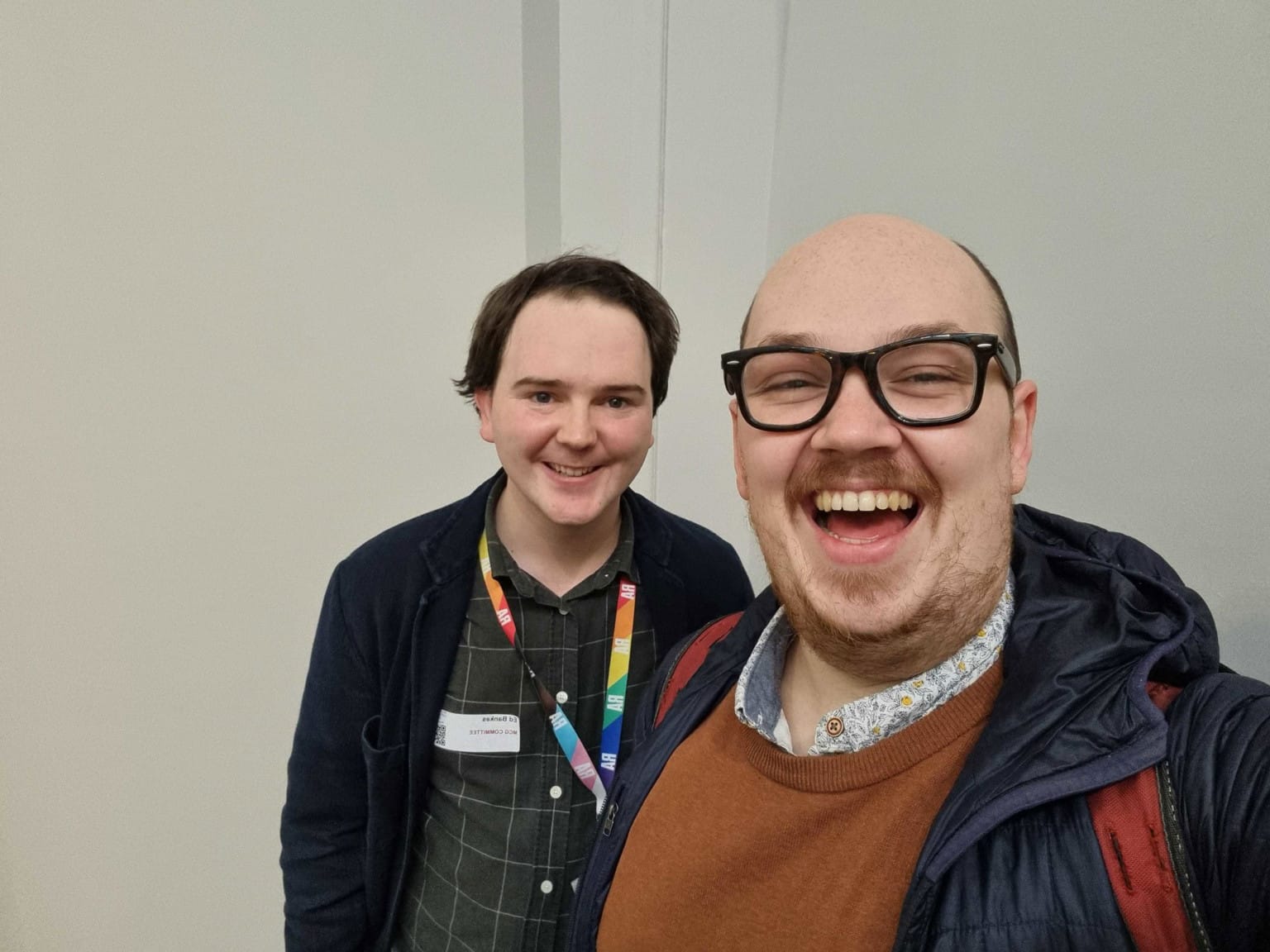 Alex catching up with ex-Cogger and MCG committee member Ed.
Alex catching up with ex-Cogger and MCG committee member Ed.
It doesn’t have to last forever
(in its current form)
My final lesson from the Museums Computer Group conference is about long term digital planning. It’s easy (as technology companies obscure the hardware and memory limits of computers from us) to think that anything online will last forever.
But if anything, the cloud is more ephemeral than a post it note on your desk. As one speaker told us during the day: a well cared for book will almost always last longer than a website.
Mia Ridge, Digital Curator at the British Library and Natalie McGowan from Humap both talked about legacy planning for digital projects. Including the idea that digital sustainability and future proofing is a journey without a destination – there will always be updates and changes.
A well cared for book will almost always last longer than a website
Mia Ridge took us through some ideal standards for digital outputs that keep them open and online, either through open sourcing code or careful archiving.
Both Natalie and Mia suggested (and I agree) that it’s better to allocate time to document and gracefully shut down a digital project rather than to let it degrade and wither on the edges of the internet.
As we progress to the point where legacy and historical content begins to outgrow the new content on the internet, it will be more and more important to consider how to keep the websites that we want to keep. And perhaps more importantly how to get rid of those we don’t need.
Final Thoughts
Listening to these ideas and talks throughout the day I found myself thinking deeply about the websites I want to create and how we can all contribute to a more mindful and humane web, and the role the arts will have in that.
As content creators, owners and custodians we have the power to create an alternative to the ephemeral hype cycles of social media platforms, and as they grow too big or burn themselves out, we can provide a richer alternative centred on a more mindful experience.
Do get in touch if some of the ideas here have inspired you and you’d like to talk about incorporating them into your next website project, or to just talk about the internet in general. I’d be happy to chat.
